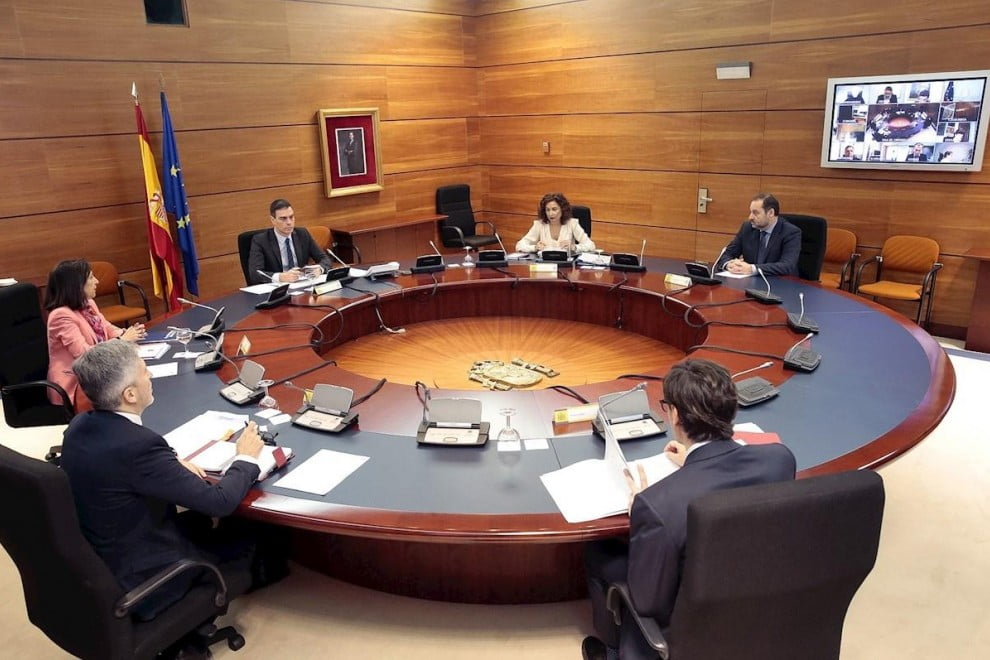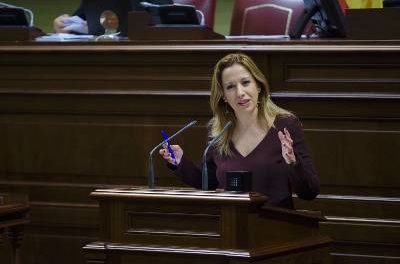 A proposal to suspend rents for at least two months is on the table this weekend, before the Government of Spain, although its duration may be extended “until the month following the end of the state of emergency”.
A proposal to suspend rents for at least two months is on the table this weekend, before the Government of Spain, although its duration may be extended “until the month following the end of the state of emergency”.Self-employed and small to medium businesses could benefit from the suspension of rents for their premises and offices
If approved, some form of “financial compensation” could be introduced, based on the number of rental properties they lease, based on the proposal aimed at small landlords, to offer up to 100% of the value of the monthly payment for “up to two properties for rent”.
In contrast, for those who have “more than 8” this compensation could be reduced to as little as 5%. The Executive seeks to prevent smallholders from being harmed, and to distinguish them from larger property owners. For all of them, this would also prohibit “abusive increases” in rental contracts within six months after the approval of this regulation.
The beneficiaries, according to the current proposal, will be all the people who cannot pay their rent having suffered the loss of their job, a reduction in working hours or a Temporary Employment Regulation File (ERTE), suspending their employers activities, as well as for “duties of care.”
They would be joined by the self-employed and SMEs who have suffered a “substantial drop” in their income as a result of this crisis, and so it is hoped both could benefit from a temporary rentals suspension on their premises or offices.
The Executive is thought to also be planning a system for an accreditation of compliance with these conditions, giving applicants an option of immediately submitting a responsibility statement for subsequent verification.
Ultimately, this rule would also entail an extension of three months for all housing and real estate contracts for those who are part of these groups, whose contractual completion has occurred during the period of the state of emergency, that is, since March 14. If your rental contract ended after March 14, you should not be evicted under the proposals.
A universal minimum income
The Government has also been debating the development of a minimum income for all those who, despite being among those most affected by Covid-19, have not been able to benefit from any of the aid packages approved to date.
If the current proposal is agreed, people with low incomes or who have seen their incomes reduced due to this crisis will be able to take advantage of a universal minimum income benefit. The idea is to “guarantee a sufficient income to all people who need it”, “during and after” the coronavirus emergency.
However, a sector of the Government is inclined to implement this universal minimum income only during the time that the coronavirus crisis lasts, in such a way that a temporary period is set, although it can then be extended depending on how the economic situation develops.
On the other hand, the Government of Spain, a socialist coalition between PSOE and Unidas Podemos, have put forward, for approval in this legislature, details and framework for a minimum vital income for all citizens.
Both measures, the suspension of rents and the provision of a universal minimum income, have been defended in recent days by ministers from the Unidas Podemos party, as well as by some of the PSOE ministers. Tension is running high in the Spanish Cortes.
Since the declaration of the State of Emergency on March 14, the Executive has been locked in debate on this very subject. While the second vice president, Pablo Iglesias, has been clearly in favour of a rent moratorium, the vice president for Economic Affairs, Nadia Calviño, has openly expressed her doubts. Overall, it appears to have been the Minister for Transport, José Luis Ábalos, who on Monday paved the way for these measures, confirming that he would bring it up at one of the next Councils of Ministers.
The Spanish house of representatives, the Cortes, could vote as early as next Tuesday on whether to adopt the necessary radical steps to help support citizens in a situation likely to continue for many weeks to come.













